
Immanuel Kant was an 18th-century philosopher from Königsberg, Prussia (now Kaliningrad, Russia). He's regarded as one of the most influential thinkers of modern Europe & of the late Enlightenment. His most important work is The Critique of Pure Reason, an investigation of reason itself. It encompasses an attack on traditional metaphysics & epistemology, & highlights his own contribution to these areas. Other main works of his maturity are The Critique of Practical Reason, which is about ethics, & The Critique of Judgment, about esthetics & teleology. Pursuing metaphysics involves asking questions about the ultimate nature of reality. Kant suggested that metaphysics can be reformed thru epistemology. He suggested that by understanding the sources & limits of human knowledge we can ask fruitful metaphysical questions. He asked if an object can be known to have certain properties prior to the experience of that object. He concluded that all objects that the mind can think about must conform to its manner of thought. Therefore if the mind can think only in terms of causality–which he concluded that it does–then we can know prior to experiencing them that all objects we experience must either be a cause or an effect. However, it follows from this that it's possible that there are objects of such a nature that the mind cannot think of them, & so the principle of causality, for instance, cannot be applied outside experience: hence we cannot know, for example, whether the world always existed or if it had a cause. So the grand questions of speculative metaphysics are off limits, but the sciences are firmly grounded in laws of the mind. Kant believed himself to be creating a compromise between the empiricists & the rationalists. The empiricists believed that knowledge is acquired thru experience alone, but the rationalists maintained that such knowledge is open to Cartesian doubt and that reason alone provides us with knowledge. Kant argues, however, that using reason without applying it to experience will only lead to illusions, while experience will be purely subjective without first being subsumed under pure reason. Kant’s thought was very influential in Germany during his lifetime, moving philosophy beyond the debate between the rationalists & empiricists. The philosophers Fichte, Schelling, Hegel and Schopenhauer saw themselves as correcting and expanding Kant's system, thus bringing about various forms of German Idealism. Kant continues to be a major influence on philosophy to this day, influencing both Analytic and Continental philosophy.
Series
Books

Perpetual Peace
1795

The Philosophy of Kant
Immanuel Kant's Moral and Political Writings
1949

The One Possible Basis for a Demonstration of the Existence of God
1762

Basic Writings
2001

Groundwork of the Metaphysics of Morals
1785

The Science of Right
1790

Notes and Fragments
2000

Critique of Pure Reason
1781

Az örök béke
1775

Kant
1952

The Critique of Judgement Part I
Critique of Aesthetic Judgement
1790
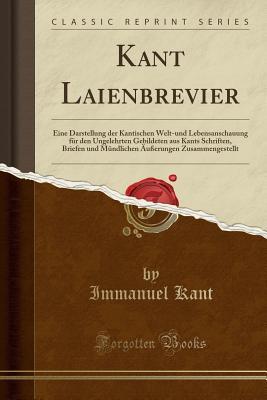
Kant Laienbrevier
Eine Darstellung der Kantischen Welt-und Lebensanschauung für den Ungelehrten Gebildeten aus Kants Schriften, Briefen und Mündlichen Äußerungen Zusammengestellt
2013

Inaugural Dissertation of 1770
1770
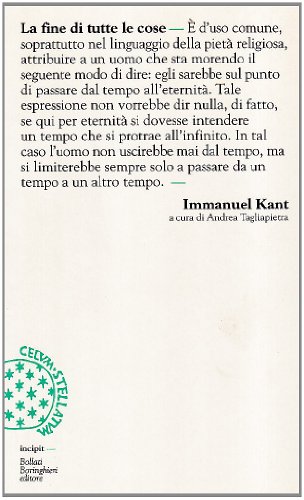
La fin de toutes choses
1794

Anthropology from a Pragmatic Point of View
1785

Religion Within the Boundaries of Mere Reason
And Other Writings
1998

Opus Postumum
1803
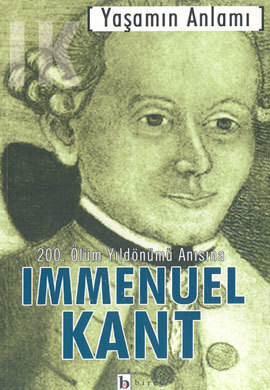
Yaşamın Anlamı
200. Ölüm Yıldönümü Anısına
2010

Critique of Judgment
1790

Krytyka czystego rozumu
2019

Prolegomena to Any Future Metaphysics
1783

Religion within the Limits of Reason Alone
1793
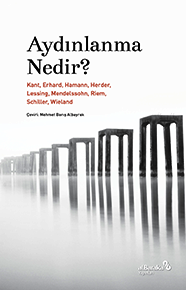
Aydınlanma Nedir?
2022

The Metaphysical Elements of Ethics/Fundamental Principles of the Metaphysic of Morals
2006
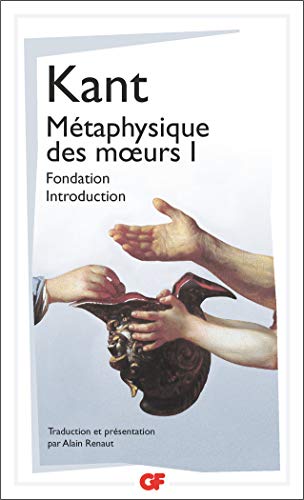
Métaphysique des mœurs I
1795

Religion and Rational Theology
1996

Works of Immanuel Kant
1900

Dreams of a Spirit-seer and Other Writings
1766
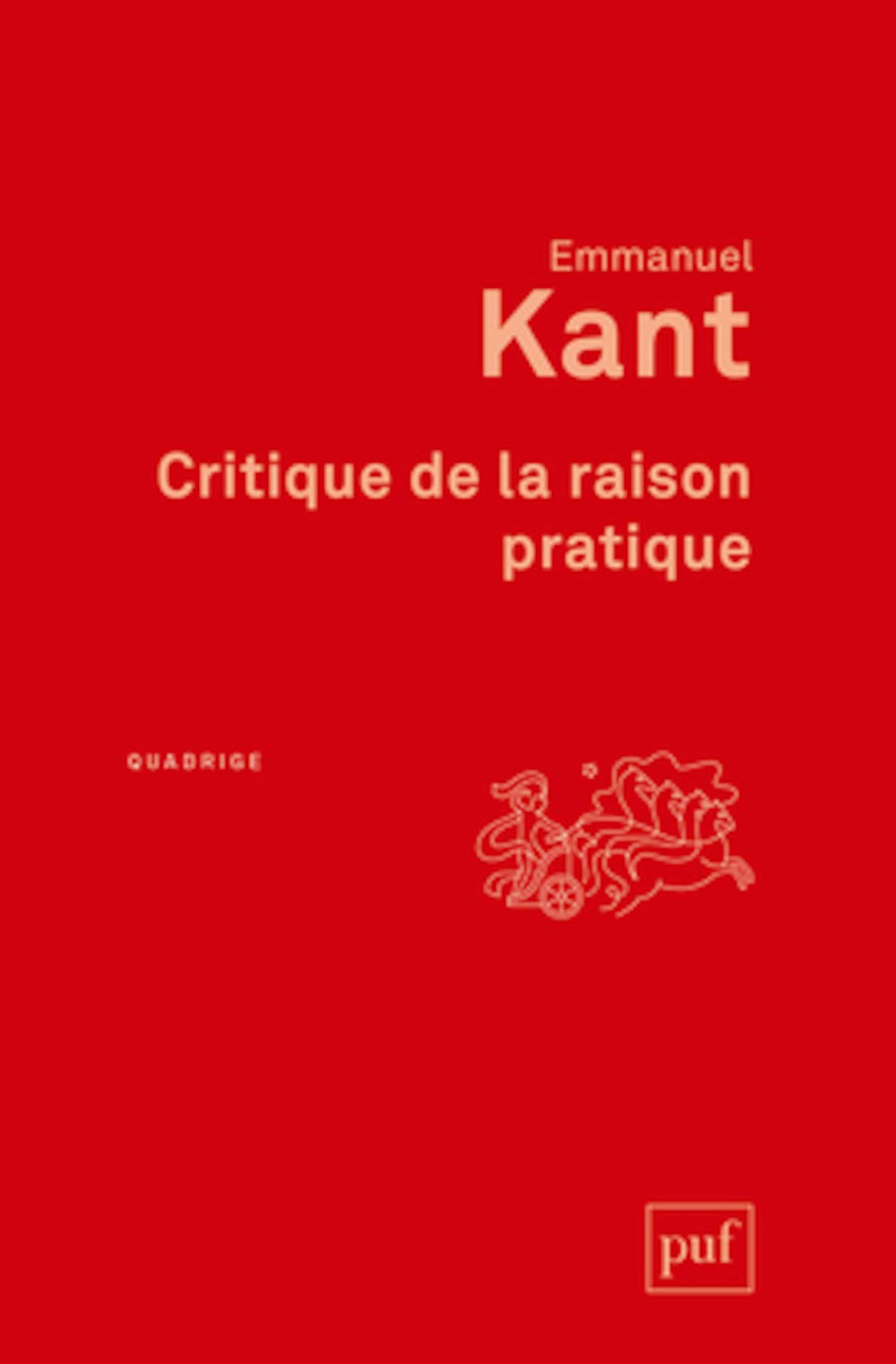
Critique de la raison pratique
Traduction française par François Picavet et introduction de Ferdinand Alquié.
2012

The Metaphysics of Morals
1797

Die drei Kritiken - Kritik der reinen Vernunft. Kritik der praktischen Vernunft. Kritik der Urteilskraft
1993

The Doctrine of Virtue
Part 2 of The Metaphysic of Morals
1797

Anthropology, History and Education
2007

Of the Injustice of Counterfeiting Books
2007
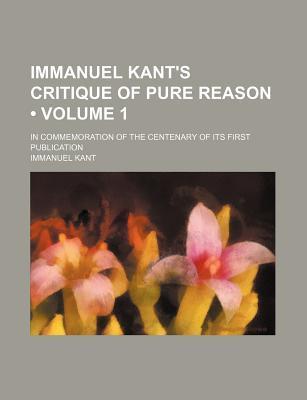
Immanuel Kant's Critique of Pure Reason Volume 1
2010

Lessons in Moral Philosophy
1963

Prolegomena to any Future Metaphysics
1997

Universal Natural History and Theory of the Heavens
1755
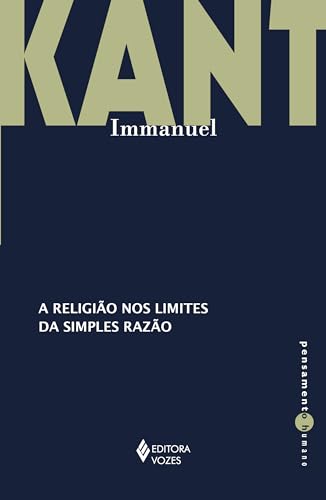
A RELIGIÃO NOS LIMITES DA SIMPLES RAZÃO
2024

Che cosa significa orientarsi nel pensiero
1786

Qu’est-ce que les Lumières ?
2013

On History
1963
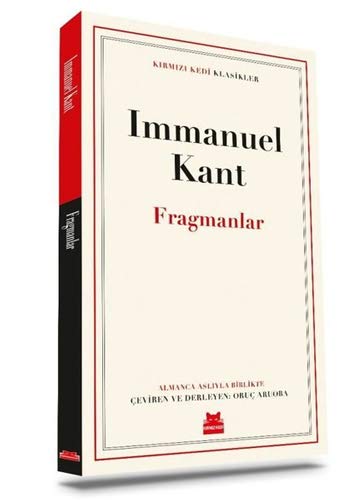
Fragmanlar
2015
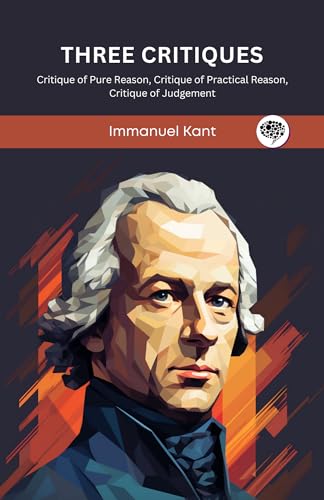
Three Critiques
Critique of Pure Reason, Critique of Practical Reason, Critique of Judgement
2023

Kritik der reinen Vernunft 2. Auflage
1781

Theoretical Philosophy, 1755-1770
1992

Observations on the Feeling of the Beautiful and Sublime
1764
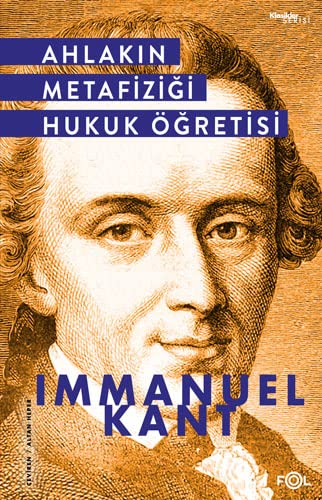
Ahlakin Metafizigi Hukuk Ögretisi
2022

Idea for a Universal History with a Cosmopolitan Purpose
1784

The Conflict of the Faculties
1798

Logic
1799

On the Old Saw
That May be Right in Theory but it Won't Work in Practice
1974

Metaphysical Foundations of Natural Science
1786

Foundations of the Metaphysics of Morals/What Is Enlightenment?
1785
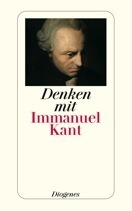
Denken mit Immanuel Kant
2005

Metaphysical Elements of Justice
1797

Theoretical Philosophy after 1781
1969

Introduction to Logic/On the Mistaken Subtilty of the Four Figures
1800

Practical Philosophy
1996

Kant's Foundations of Ethics
1785

Ethical Philosophy
Grounding for the Metaphysics of Morals/Metaphysical Principles of Virtue/On a Supposed Right to Lie Because of Philanthropic Concerns
1995

Political Writings
1797
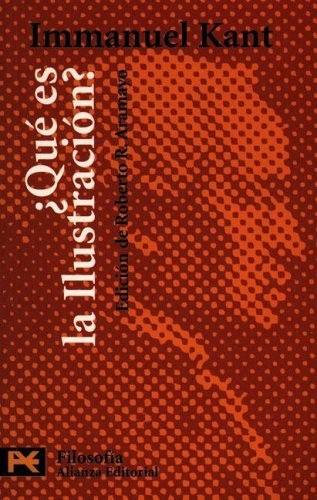
¿Qué Es La Ilustración? Y Otros Escritos de Ética, Política y Filosofía de La Historia
2014

Ethical Philosophy
Grounding for the Metaphysics of Morals/Metaphysical Principles of Virtue
1995

Introduction to Logic
1800

Critique of Practical Reason
1788
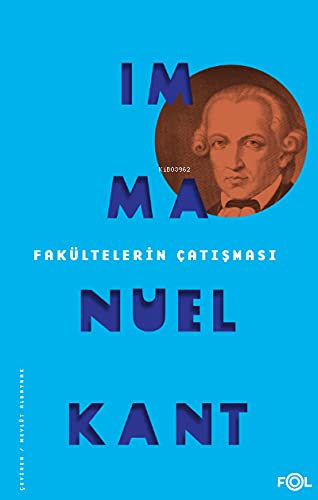
Fakültelerin Çatismasi
2021

On Education
1803

The Immanuel Kant Collection
8 Classic Works
1781

Lectures on Philosophical Theology
1784
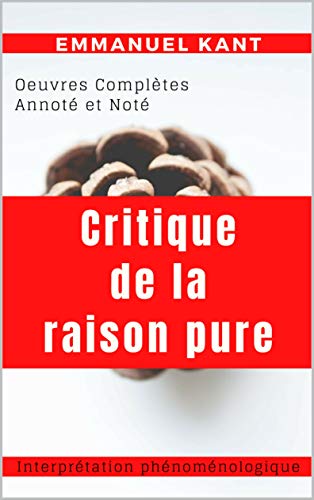
Emmanuel Kant
Critique de la raison pure - Œuvres Complètes
2019

On the Metaphysics of Morals and Ethics
1770
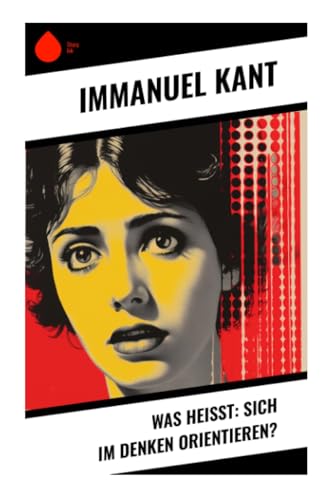
Was heißt
sich im Denken orientieren?
2012
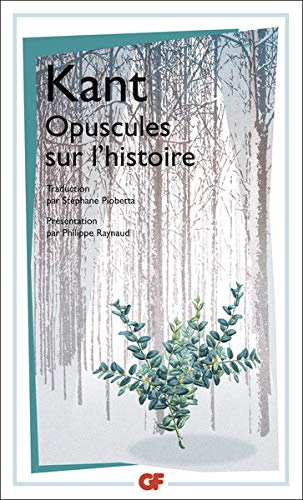
Opuscules sur l'histoire
2014
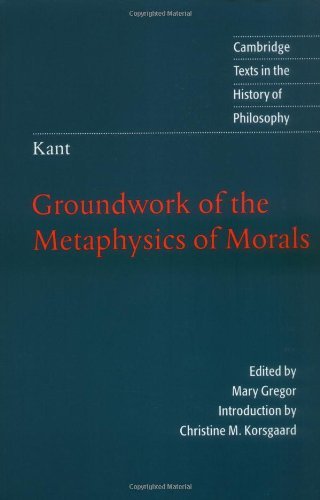
Kant
Groundwork of the Metaphysics of M
2025

An Answer to the Question
What Is Enlightenment?
1784
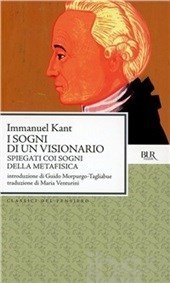
Dreams of a Spirit-Seer
1766

The Complete Harvard Classics 2021 Edition - ALL 71 Volumes
The Five Foot Shelf & The Shelf of Fiction
1722

Selections
1929

Öteki Dünyaya Yolculuğumun Sahici Hikayesi
2010

Perpetual Peace and Other Essays
1795